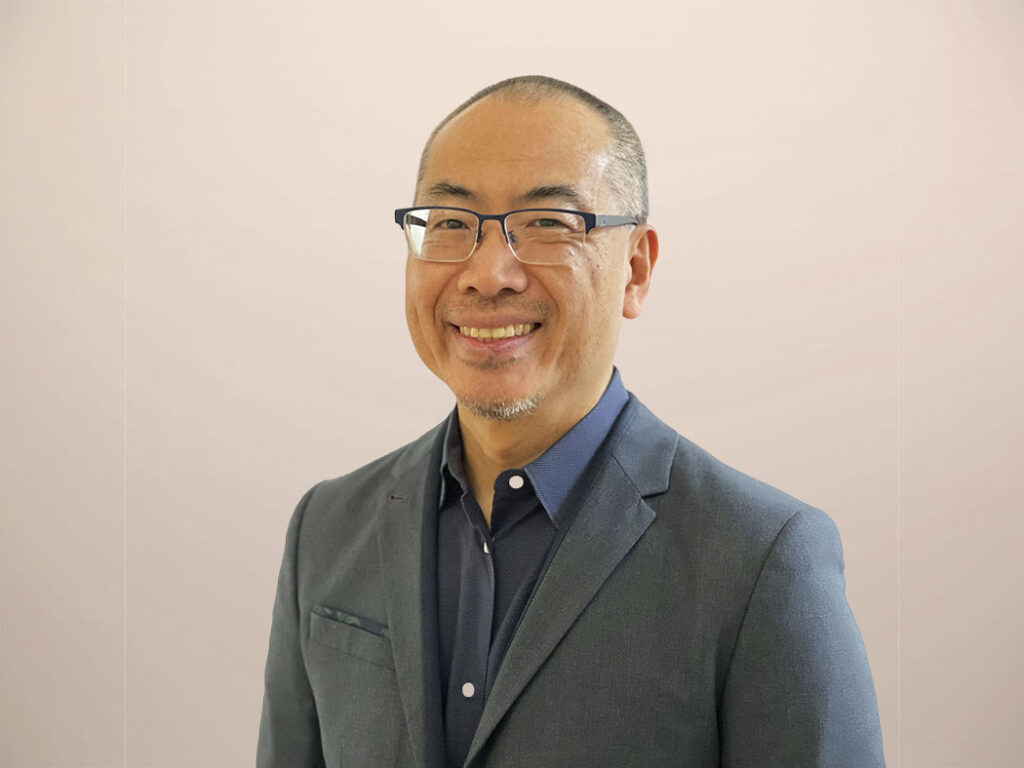Conquering Impostor Syndrome: How I’m Navigating The Trials And Tribulations Of Becoming A Principal Analyst At Forrester
As an experienced demand generation and account-based marketing professional in the high tech space, I was thrilled to land a job as a principal analyst at Forrester Research covering marketing programs. This was something I had envisioned becoming ever since I became a SiriusDecisions and Forrester client early in my career. I had always deeply respected and admired the analysts and their research when I worked with them in the past, so the prospect of joining Forrester, with its collegiate culture and impeccable reputation, was very enticing. After all, as a marketing analyst, you are given the privilege of advising, guiding, and teaching clients how to optimize their performance. You also can look into the future, challenge conventional thinking, lead change, and travel to exciting places like Cambridge, Austin, Excelville, and PowerPointville! But seriously speaking, as I began my first day on the job, I couldn’t shake the feeling that I was wading in the deep end of the pool carrying sandbags.
I have spent the past 20+ years as an accomplished marketing practitioner planning and executing effective, award-winning demand gen campaigns and earning the respect of my peers. Still, suddenly I was surrounded by coworkers who seemed to know everything about the space. My peers are brilliant experts and specialists in their respective areas who dazzle me with their deep knowledge and insights. And even though I flew through the exhaustive interview process with flying colors, I couldn’t help but feel like an impostor, like I had somehow tricked my way into this job.
But as the days and weeks went on, I realized that everyone has moments of impostor syndrome. Even the most experienced analysts have moments of doubt and insecurity. It’s just a natural part of the job. I was even told that feeling a bit insecure gives you an edge.
As I continue to settle into my role, I am learning to embrace my unique perspective and skill set. I realize I may not have all the answers, but that still makes me an asset to the team. I bring fresh ideas and a willingness to learn and grow.
I am also learning that it pays to reach out for help and guidance from more experienced professionals. The key to success in this field is to stay professionally curious. I take every opportunity to learn something new, whether watching a presentation, reading a research report, shadowing other analysts on client guidance sessions, or picking someone’s brain. I’m also taking advantage of the many online resources available to Forresterites (that’s what we call ourselves), like our deep research portal, which analysts have full access to, as well as Forrester’s professional training and certification programs. This has enabled me to stay up to date on the latest topics.
Through networking and collaboration, I am also learning some “inside baseball” tricks of the trade, gaining some valuable insights, and learning how to learn again. I am also finding that asking questions is the best way to build confidence in myself and learn new things quickly. Even if I didn’t know something, someone was always willing to walk me through it or point me in the right direction. I realize now that asking for help isn’t a sign of weakness but a sign of strength, showing that I am willing to learn and grow in my role.
After two months of onboarding (some would call it waterboarding … just kidding, Forrester provides a very generous runway to onboard and learn), shadowing other analysts, and reading countless research reports and presentations, I am only starting to feel comfortable in my skin again. While I’m not quite “there” yet, I feel more confident in my abilities and am excited to continue growing and learning in this field. I’m no longer intimidated by the brilliant analysts around me, and I am beginning to contribute to conversations in meaningful ways. I’m excited to tackle more complex research projects and explore new opportunities within this great organization. With the unwavering support of my research director and peers, I can continue to grow and develop even further.
This experience is teaching me that no matter how intimidating a new situation may be, it’s important to stay confident and open-minded. So if you’re feeling like an impostor, remember that it’s a common feeling, and asking for help or guidance is OK. No one expects you to know everything right away! For some people, it will take longer than others, but embrace your strengths and keep an open mind, trust the process, and you’ll eventually find your rightful place — even if it’s in Excelville or PowerPointville.
